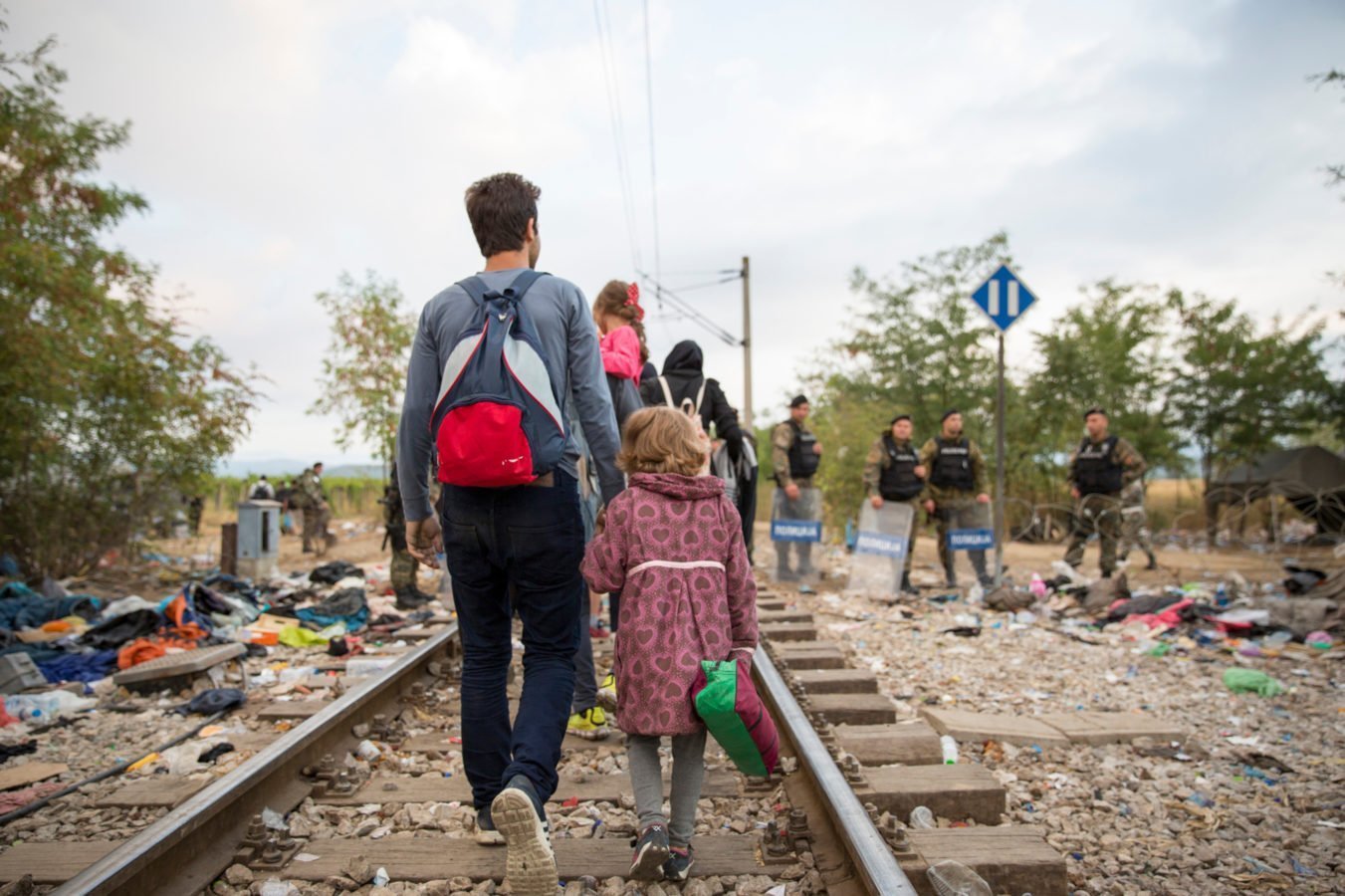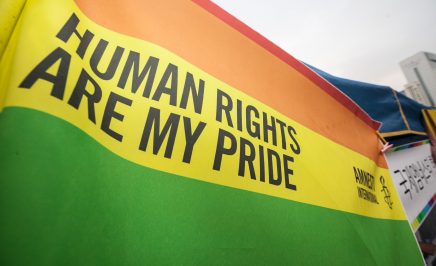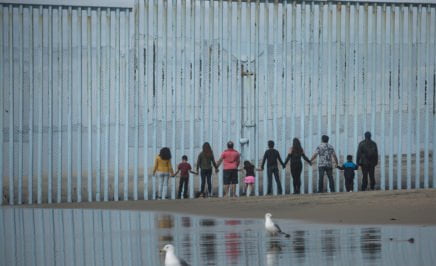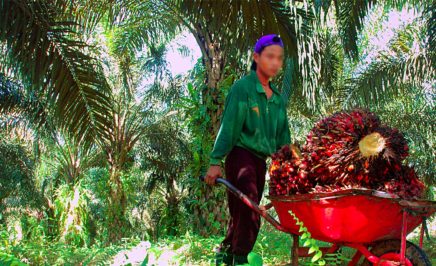Dear journalists,
Please stop referring to refugees in Europe as ‘migrants’. Please, please, please.
I know you’re just taking your cue from the European newswires. I get it. But you need to do some find-and-replacing on that stuff before it goes to air/print.
It may seem like a small thing, but it’s not. It’s important. Language is important.
Here’s why:
These aren’t folks on some international jaunt of their own choosing – they’re people running for their lives. They’re refugees (or ‘asylum seekers’ – the correct term for people who haven’t been given a chance to prove their refugee status).
And they’re the very same people showing up in Australia (sometimes by boat, but mostly not) searching for a place to be safe. The 71 people who suffocated to death in the back of a van in Austria, and the desperate father selling pens on the side of the road in Lebanon, and the drowned little boy washed up on a beach in Turkey – are the same people we’re locking up on Manus and Nauru.
“…the umbrella term ‘migrant’ is no longer fit for purpose when it comes to describing the horror unfolding in the Mediterranean. It has evolved from its dictionary definitions into a tool that dehumanises and distances, a blunt pejorative.”Barry Malone, Al Jazeera
He went on to explain that he and his colleagues at Al Jazeera have decided to start calling these people ‘refugees’.
Malone is right, of course. When journalists use insensitive (and inaccurate) words to describe human beings, they help create an environment where hate speech can creep into our public discourse and where “thinly veiled racism can fester”.
But there’s another reason this ‘migrants’ thing bothers me so much: it discourages Australians from making the link between what’s happening in Europe, and what’s going on here.
In Australia, our Government does its best to keep refugees out of sight and mind by locking them up on far-flung pacific islands and just flat-out refusing to talk about them. And when ministers do talk, it’s usually in three-word slogans like “Operation Sovereign Borders” and “Stop The Boats” that divorce the issue from its global context.
This is unhelpful. Because the truth is we’re in the midst of a worldwide refugee crisis – and it’s something we should be talking about.
In 2014, 42,000 people were forced to flee their homes every day. In the pile of rubble where Syria once was, more than half of the population has been displaced – mostly to neighbouring countries like Lebanon and Jordan, now struggling under the pressure. In Lebanon, one in five people is a Syrian refugee. One. In. Five.
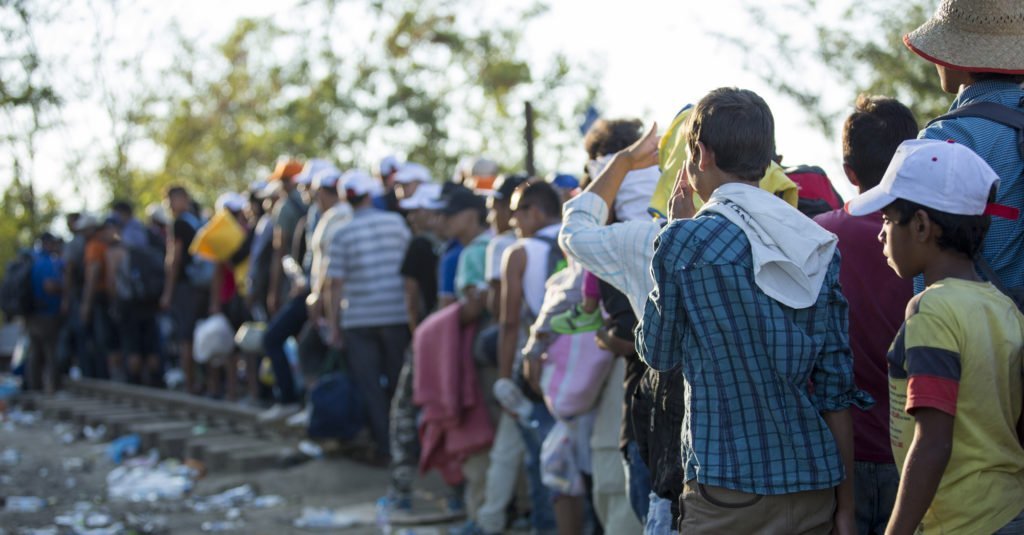
When you, the Australian media, talk about ‘migrants’ in Europe, you perpetuate the idea that refugees are an isolated, domestic problem that can be fixed with crude (and cruel) domestic ‘solutions’.
Refugees aren’t an Australian problem.
All over the world, people are on the move in large numbers – because their homes are being bombed or their families are being murdered or their countries are disintegrating in front of their eyes. Jessie Mawson
Amnesty International has called it “one of the defining challenges of the 21st century” and it demands a global response; a paradigm shift.
Only when we understand this will the absurdity of cordoning off small groups of traumatised men, women and children in shoddy barbed-wire camps become horribly, embarrassingly apparent.
Only when we understand this can we hope to do better.
About the Author
Jessie Mawson is Social Media Specialist for Amnesty International Australia.
@jessiemawson
This blog entry does not necessarily represent the position or opinion of Amnesty International Australia
